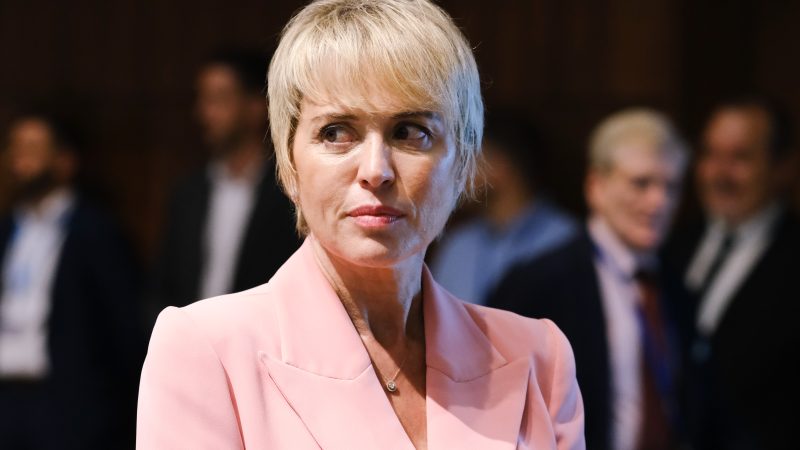The European AI Code Negotiations and the Spanish Secretary of State for Digitalization and Artificial Intelligence
In a discussion with Euractiv, Carme Artigas, the Spanish Secretary of State for Digitalization and Artificial Intelligence, shared insights on the ongoing inter-institutional debate surrounding the European AI Code negotiations.
The AI Act, a legislative proposal aimed at regulating artificial intelligence based on its potential risks, is currently in the trilogues phase. This phase involves the crafting of final clauses by the EU Commission, Council, and Parliament.
Recent negotiations focused on foundational models, robust forms of Artificial Intelligence like ChatGPT, which is powered by OpenAI’s GPT-4. The Spanish delegation, representing EU member states, pushed for a reevaluation of the approach to these models following opposition from France, Italy, and Germany.
Artigas emphasized the need to address the implications of these foundational models, highlighting the potential risks they pose across the value chain, even in non-high-risk scenarios. She stressed the importance of balancing risk-based considerations with a technology-neutral approach in AI regulation.
The discussions are now honing in on incorporating codes of conduct and accountability measures into the legislative text, rather than categorizing base models as high-risk. Artigas expressed confidence in reaching a consensus that ensures both security and innovation.
Copyright issues have also emerged as a key concern in the negotiations, with a focus on safeguarding rights without hindering Europe’s competitiveness. The upcoming discussions aim to establish clearer obligations while deliberating on handling copyrighted content.
As the negotiations progress, there is a concerted effort to define stricter responsibilities for high-impact base models, though this remains a topic of ongoing debate at the political level.
Artigas highlighted the importance of engaging with stakeholders from various sectors, including business and education, to anticipate the evolving landscape of AI technology. She underscored the need for accountability and enforcement mechanisms to uphold the regulatory framework effectively.
In navigating the complexities of AI governance, Artigas emphasized the significance of fostering innovation while ensuring regulatory compliance. Spain’s proactive approach in establishing an AI company and governmental sandbox reflects its commitment to fostering dialogue with industry stakeholders.
Beyond the European sphere, Artigas is actively engaged in global discussions on AI governance at the UN level. She envisions a comprehensive plan akin to international bodies like the Intergovernmental Panel on Climate Change or the International Atomic Energy Agency.
Looking ahead, Artigas remains optimistic about reaching a compromise in the negotiations, albeit acknowledging the challenges that lie ahead. She anticipates a thorough discussion on foundational models in the upcoming trilogue, emphasizing the importance of constructive dialogue.
While success in finalizing the AI Act would be a significant achievement, Artigas views the progress made thus far as a testament to collective efforts. She emphasized the urgency of the situation, noting that progress is essential for Europe’s advancement in the AI landscape.






